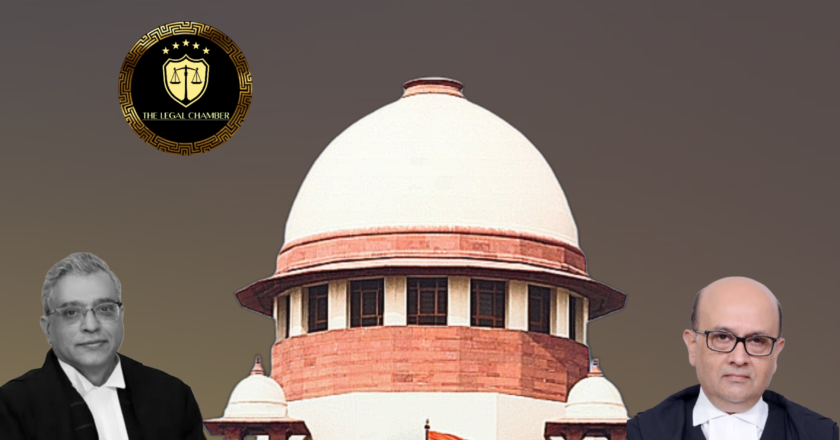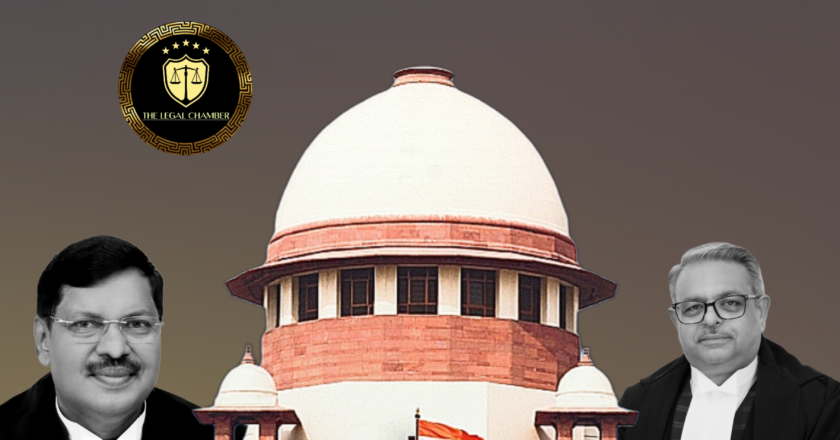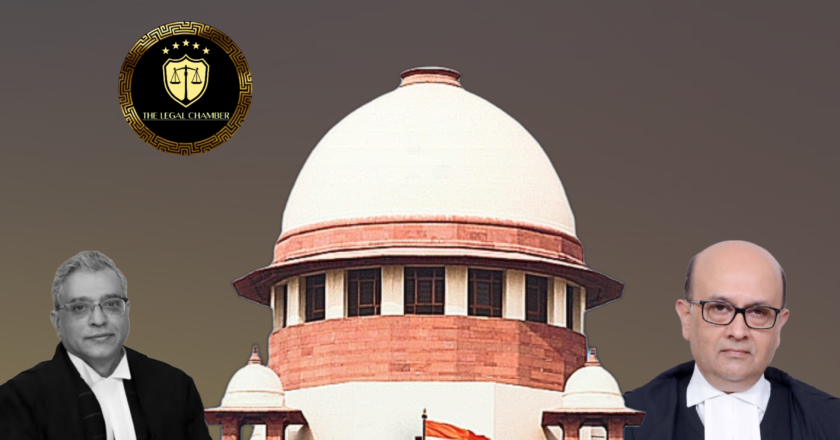No Interest on Delayed Payment Clause: Supreme Court Explains Its Limits
This Supreme Court judgment clarifies that a contractual clause merely barring interest on delayed or disputed payments does not, by itself, expressly or by necessary implication prohibit an arbitral tribunal from awarding pendente lite interest. The power to award such interest under Section 31(7)(a) of the Arbitration and Conciliation Act, 1996, is only denuded if the agreement contains a clear and comprehensive bar.
Facts Of The Case:
The dispute arose from an arbitral award dated 21.11.2004, which directed the appellant, Oil and Natural Gas Corporation Ltd. (ONGC), to pay a total sum of USD 6,56,272.34 to the respondent, M/s G & T Beckfield Drilling Services Pvt. Ltd., for outstanding invoices and other claims. The arbitral tribunal rejected ONGC's preliminary objection to the ma...


